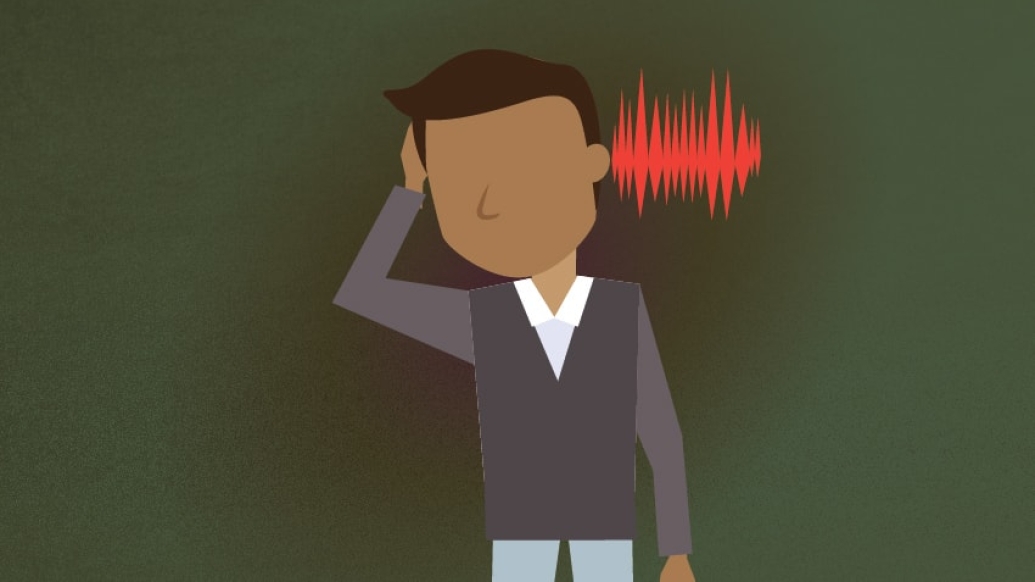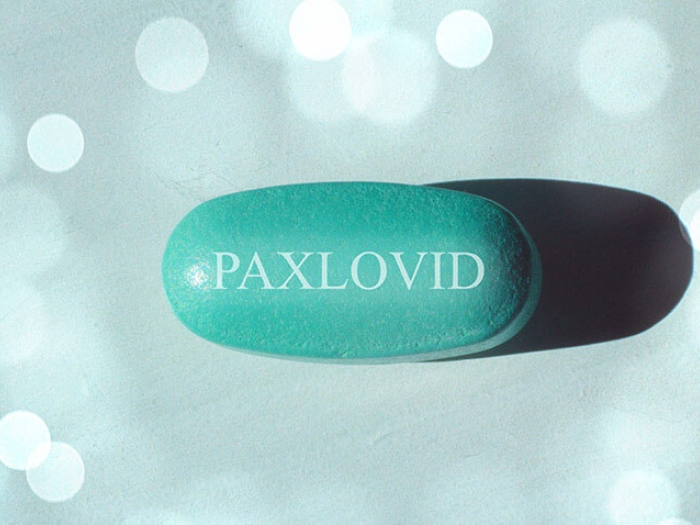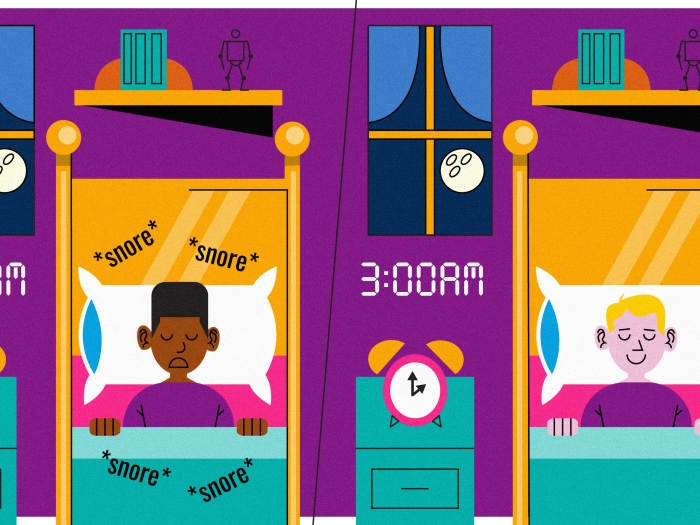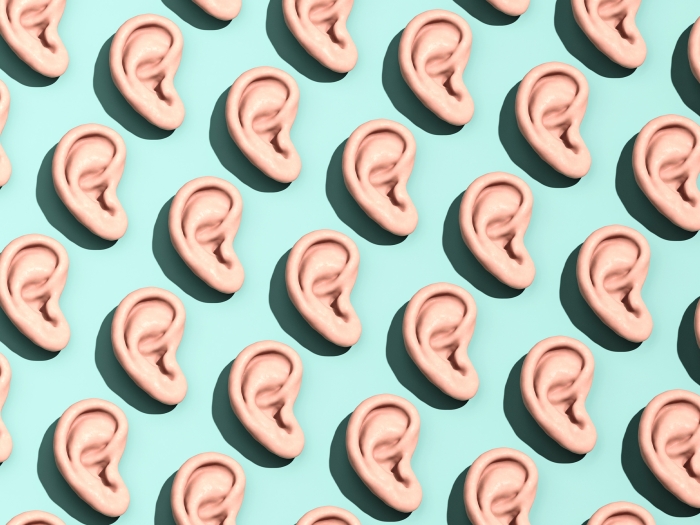A U-M expert in tinnitus, or ringing in the ears, discusses progress made in resolving the common problem.
2:10 PM
Author |

Your ears are ringing, but you can't pinpoint the reason. You look around, and the absence of a cause is maddening. Why does this keep happening?
You may be dealing with tinnitus. Michigan Medicine's Susan Shore, Ph.D., is an expert in tinnitus, or the perception of sounds without any external stimuli, and leads a research team at the University of Michigan dedicated to finding a solution for this common problem.
She spoke recently about her ongoing work at U-M and how it impacts individuals with this condition.
By moving the treatment to humans, we were able to also reduce the tinnitus in a randomized, double-blinded crossover study, the first of its kind.
Is tinnitus associated with any other health factors or is it a standalone condition?
Tinnitus is often experienced as hissing, ringing or buzzing in one's ears. The most commonly associated factor with tinnitus is hearing loss, but tinnitus can occur after insult to other sensory systems, especially in the head and neck regions.
How many individuals are affected by tinnitus and historically, what kind of help has been available to them?
Approximately 50 million people in the United States report experiencing tinnitus. According to the American Tinnitus Association, about 5 million of these individuals are debilitated by the condition, with serious impact on their day-to-day lives.
Currently, there is no gold standard of treatment that is widely accepted. However, clinics treating tinnitus offer hearing aids, masking sounds and various forms of counseling, which include both cognitive and behavioral therapy.
Can you share more about your ongoing research at U-M regarding tinnitus, as well as its impact on patients?
Our treatment, targeted auditory-somatosensory stimulation, was developed directly from basic science studies on guinea pigs, in which we were able to record activity from hundreds of single neurons in the first part of the brain that is connected to the ear, the cochlear nucleus.
These cells, called fusiform cells, showed increased firing rates and they synchronized together in guinea pigs that showed behavioral evidence of tinnitus. Building from our previous research on multisensory stimulation of these neurons, we were able to reduce the spontaneous firing of these neurons, which resulted in reduction of the tinnitus.
This approach uses specially timed sounds and mild electric pulses that are designed to reduce the activity of the circuit, specifically in animals with tinnitus, whose brain circuits differ from the animals without tinnitus.
By moving the treatment to humans, we were able to also reduce the tinnitus in a randomized, double-blinded crossover study, the first of its kind. The promising results led us to run a second trial, which is in process right now. And we hope to have results by the end of 2019.
The targeted bimodal treatment was developed here at U-M in the Shore laboratory, located in the Kresge Hearing Research Institute in our Department of Otolaryngology. This is also where the current trial is being conducted.
Are there clinical care options for coping with the symptoms of tinnitus, like cognitive therapy, also available?
U-M also has a separate otology and audiology clinic at Michigan Medicine in which patients with tinnitus are seen routinely. Those experiencing this symptom typically see an ear specialist, or otologist, as well as an audiologist, to identify and address any possible conditions that may be responsible for their tinnitus.
Based on this comprehensive medical and diagnostic evaluation that may include imaging and other studies, patients are referred for further specialized care, which often includes tinnitus management consisting of multiple components.
To learn more about Shore's work on tinnitus, click here.

Explore a variety of healthcare news & stories by visiting the Health Lab home page for more articles.

Department of Communication at Michigan Medicine
Want top health & research news weekly? Sign up for Health Lab’s newsletters today!





